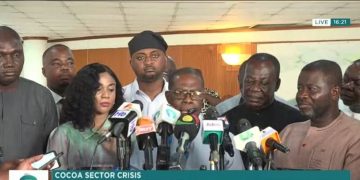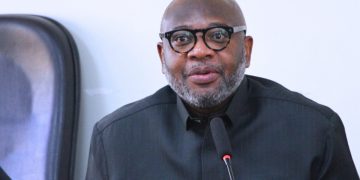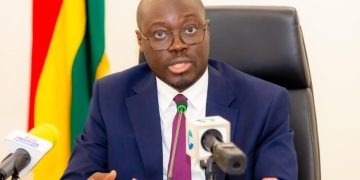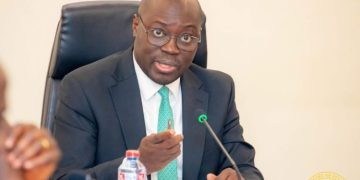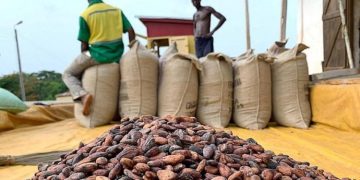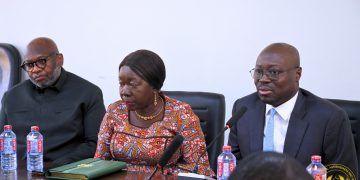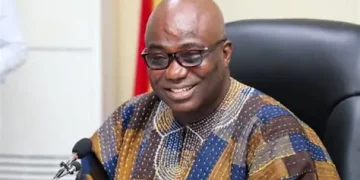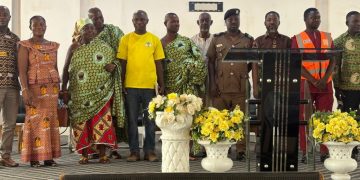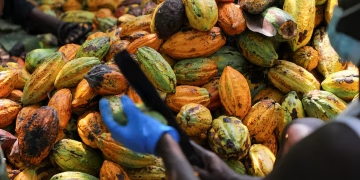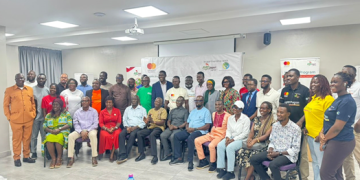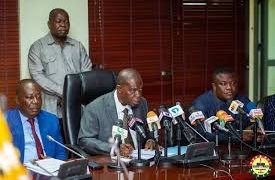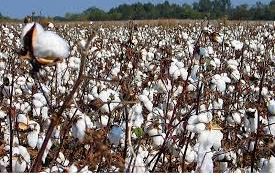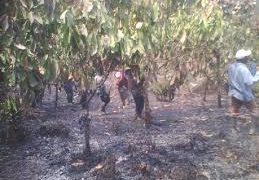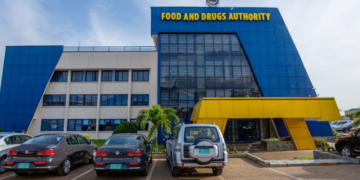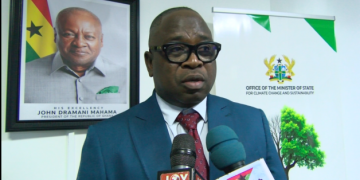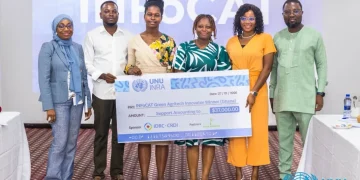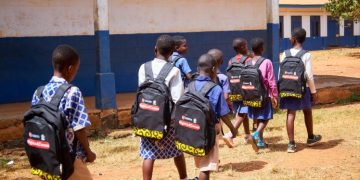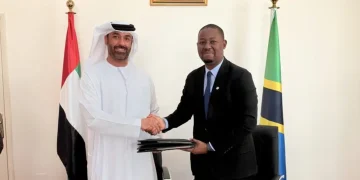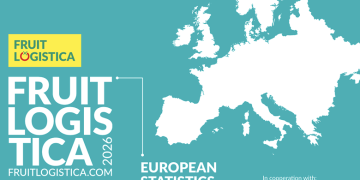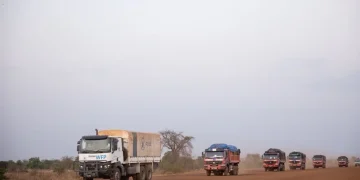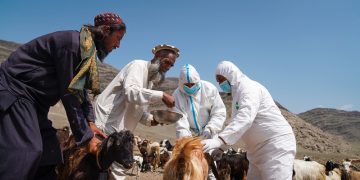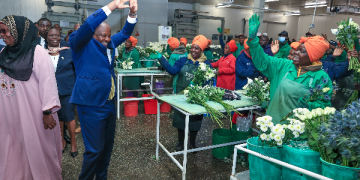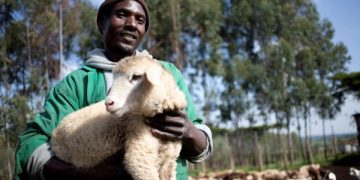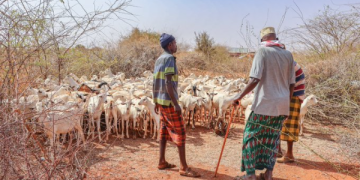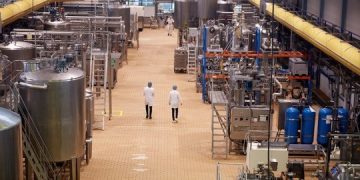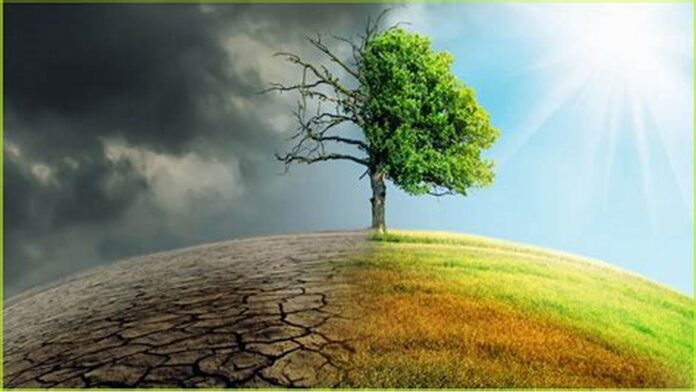Ghana has reported major gains from its participation at the 30th UN Climate Change Conference (COP30) in Belém, Brazil, particularly in advocating for loss and damage financing.
Officials noted that several communities across the country are already suffering unavoidable climate impacts, including infrastructure destruction, reduced farm yields, loss of livelihoods, and even fatalities.
They said financing for loss and damage would help affected populations build resilience and adapt.
Professor Nana Ama Browne Klutse, Chief Executive Officer of the Environmental Protection Agency (EPA), told journalists after returning from the summit that the conference was significant as Ghana assumed the Chair of the African Group of Negotiators (AGN).
She explained that the role placed Ghana at the centre of shaping Africa’s collective climate agenda and influencing negotiations on finance, technology transfer, and adaptation support.
“One of the issues important to us as Ghanaians is loss and damage due to climate change, and we have been following discussions to ensure we benefit from the funds that have been created,” she said.
Prof. Klutse noted that improved access to the Green Climate Fund (GCF) was essential to addressing Ghana’s growing adaptation needs, particularly in agriculture and coastal protection.
She announced the launch of the Ghana Climate Negotiators Group, a platform to strengthen coordination and technical preparation for international negotiations.
On the global debate over fossil fuel phase-out, Prof. Klutse confirmed that discussions did not progress as expected, with many developing countries focusing instead on securing climate finance and support for vulnerable communities.
“Our conversation at COP wasn’t about stopping or phasing out fossil fuels.
“It was about getting opportunities for our people, especially those who are heavily impacted by climate change,” she said.
Prof. Klutse said that declining agricultural profitability was driving rural youth into illegal mining (galamsey), worsening land and water degradation and further undermining food security.
Ghana, she noted, used COP30 to raise concerns about food insecurity and pollution of water bodies, intensified by both climate change and galamsey activities.
The Ghanaian delegation also participated in negotiations on technology transfer, adaptation financing, mitigation obligations, and other areas central to long-term climate resilience.
Prof. Klutse pledged that Ghana would continue to pursue the issues raised at COP30 ahead of COP31 to ensure the country receives its fair share of technical and financial support.
“We will follow the conversations to make sure we get the benefits due us,” she assured.
COP30 convened world leaders, negotiators, civil society, youth, and experts as developing nations pressed for equitable climate finance, stronger adaptation support, and recognition of climate change’s severe impacts on vulnerable populations.
Source:accessagric.com










